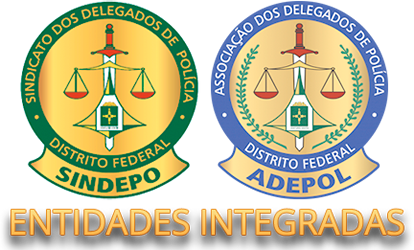Mou for Agency Agreement
A memorandum of understanding (MOU) is a written agreement between two parties that outlines the terms and conditions of their working relationship. In the context of agency agreements, an MOU serves as a preliminary document that lays the groundwork for a more detailed contract to be drafted at a later stage.
If you are looking to establish an agency agreement with another party, here are some key considerations to keep in mind when drafting an MOU:
1. Define the scope of the agency relationship
The first step in drafting an MOU for an agency agreement is to clearly define the scope of the relationship. This includes outlining the specific tasks and responsibilities that the agency will be responsible for, as well as any limitations or exclusions.
2. Establish the terms of payment
The next section of the MOU should establish the terms of payment for the agency`s services. This includes outlining the commission rate or fee structure that the agency is entitled to, as well as any terms related to invoicing and payment deadlines.
3. Set expectations for communication and reporting
Effective communication is critical in any agency relationship, and the MOU should establish clear expectations for how and when the agency will communicate with the client. This includes outlining reporting requirements, as well as any protocols for responding to inquiries or concerns.
4. Address confidentiality and data protection
If the agency will be handling sensitive or confidential information on behalf of the client, it is important to clearly outline the expectations for data protection and confidentiality in the MOU. This includes outlining any necessary security protocols or requirements for protecting client information.
5. Establish a timeline for the agency agreement
Finally, the MOU should establish a timeline for the agency agreement, including the duration of the agreement and any provisions for renewal or termination. It is important to ensure that both parties are clear on the expectations and requirements for the duration of the agreement.
In conclusion, an MOU for an agency agreement serves as an important preliminary document that establishes the terms and expectations for a successful working relationship between the agency and client. By clearly outlining the scope of the relationship, terms of payment, expectations for communication and reporting, data protection, and timeline, both parties can enter into the agreement with confidence and clarity.
